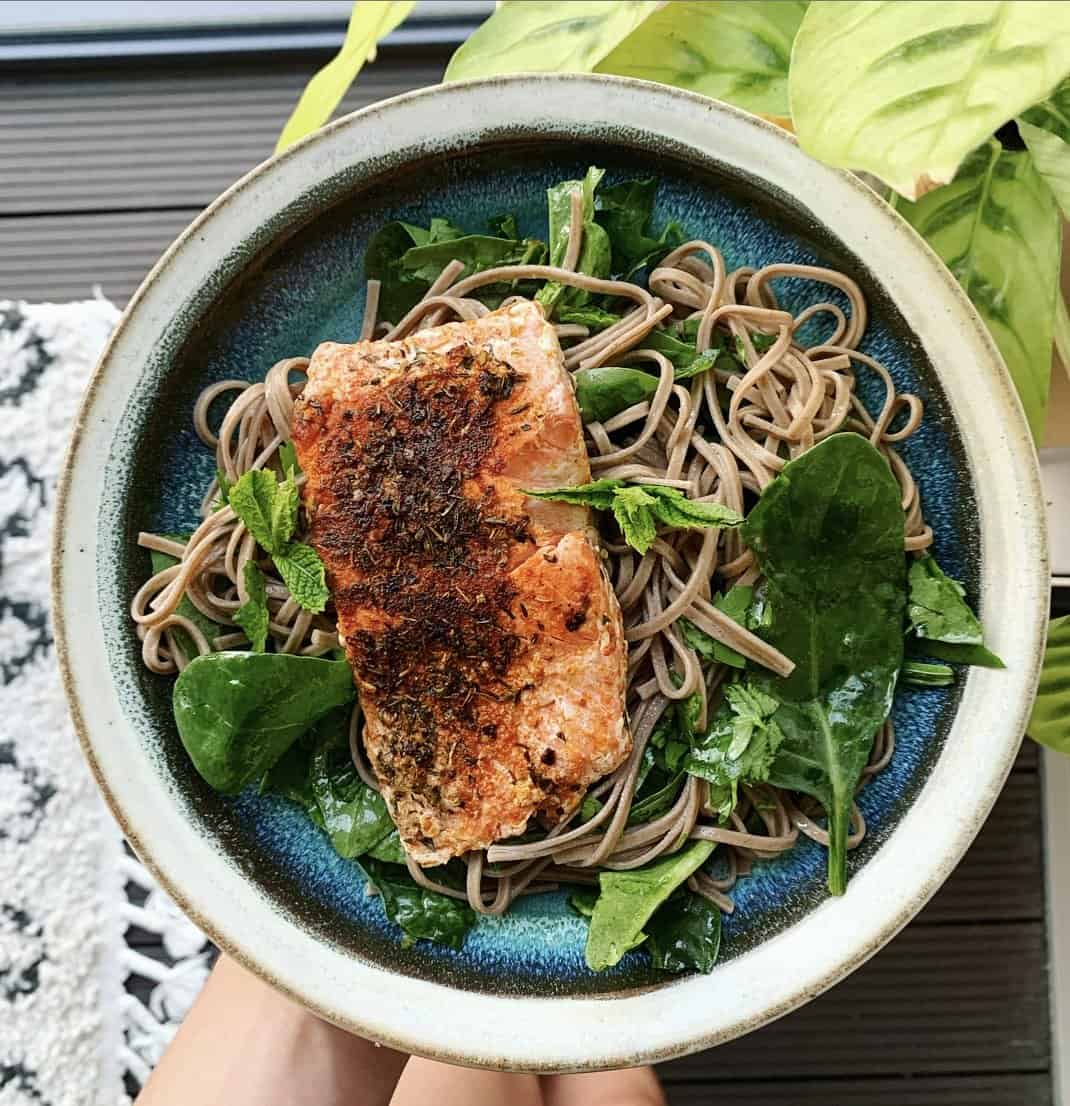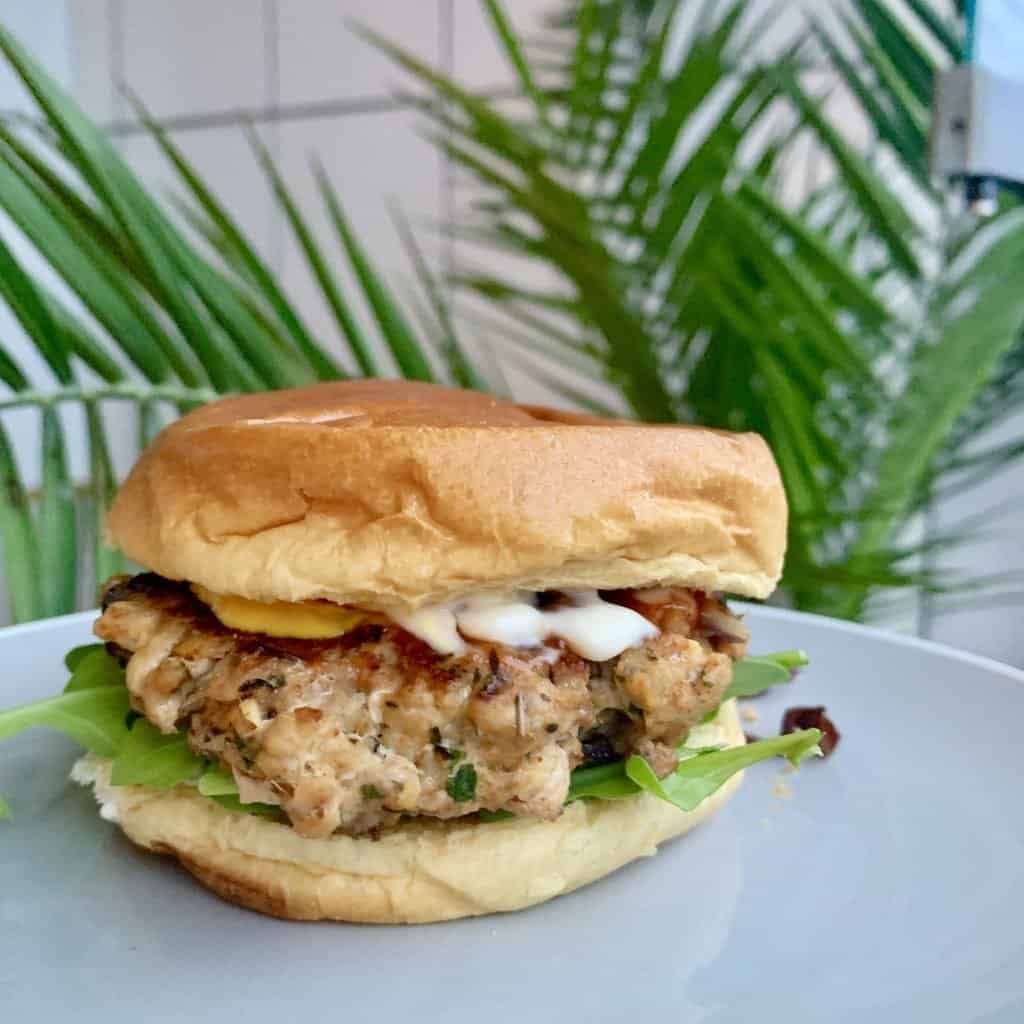Dietitians are a vital part of your eating disorder care team
Dieting is not the sole feature of eating disorders, but it is indeed a principal one according to Fairburn’s transdiagnostic model of eating disorders. So, it comes to no surprise that dietitians would play an integral role in their treatment.
Recent clinical practice guidelines capture well the need for specialist dietetic intervention in eating disorder treatment. Dietitians are key members in the multidisciplinary team, alongside Doctors, and mental health professionals.
Dietitians are highly educated at university in human physiology, biochemistry, pharmacology, pathology and eating behaviour. Thus, dietitians are in a uniquely advantageous role, as they integrate their nutrition knowledge with counselling skills to support behavioral change. They help optimise their clients’ nutritional status whilst supporting them in healing their relationship with food and their bodies.
In this article, we will break down the various roles a dietitian has when supporting someone with an eating disorder.
Nutrition Rehabilitation
When a person is experiencing an eating disorder, it is very likely that they also suffer from clinically significant malnutrition. It is one of the main roles of the dietitian to identify this and help the patient bring their nutritional status back to an optimal level.
A Dietitian’s Nutritional Care ‘Plan’ Steps
- The dietitian completes a comprehensive nutritional assessment: This includes assessing the client’s clinical status, weight history, dietary intake, eating pattern, beliefs around food, and their lifestyle.
- The dietitian subsequently provides a nutritional diagnosis: Identifying the severity of undernutrition, what is missing and what potential health risks exist.
- The dietitian develops and offer a nutritional intervention, which includes implementing gentle nutrition guidelines (not rigid rules!) personalised to each client to ensure dietary adequacy, variety, and balance (the three pillars of nutrition). Exploring the timing of meals, and gaps in nutritional knowledge or skills that hinder adequate nutrition are also addressed in this step.
- The dietitian monitors your progress: An ongoing evaluation process in accordance to the client’s goals and of course they work WITH you.
Dietitians do this all with being mindful of any other common comorbid conditions, such as diabetes mellitus, food allergies and intolerances, gastrointestinal conditions, and osteoporosis. They are also trained to identify those at risk of refeeding syndrome, and to produce meal plans to safely renourish.
Nutritional Psychoeducation
The nutrition care process has much to offer than just simply creating an energy surplus or equilibrium. Those struggling with an eating disorder may have irrational thoughts about their body and food. Dietitians work closely with the client to re-educate them on nutrition topics, myth bust and challenge any limiting beliefs around food and unhelpful behaviours.
The core topics of their discussions are on exploring food belief systems, eating patterns, nutrition misinformation, and weight stigma. They also cover themes such as self-care, body image work, which goes hand in hand with, but is not limited to, nutrition rehabilitation.
The Values of an Eating Disorder Dietitian
Person Centred/ Collaborative
We consider the person as a whole, taking into account their clinical background, identity, preferences, dietary patterns, priorities, past experiences, and trauma. Together with the client we focus on what’s important to their physical and mental health, and we help them set their goals. We are adaptable and set aside our agenda so that we work with the client rather than on the client. From listening their concerns, we notice patterns, and offer ideas that they will find useful to meet their goals.
Empowerment
Our greatest goal is to enable our clients to be autonomous by the end of their treatment. We teach them how to attune with their needs and be well equipped to work independently by following their wise mind and intuition.
Honesty/ Clarity
We share information that is accurate, and evidence based to help our clients cut through the noise of misleading headlines that are cluttered in the diet culture we live in.
Compassion
We show understanding and kindness toward our clients’ suffering by integrating our interpersonal skills with our nutrition expertise.
Respect
This is an integral part of our standards of proficiency of our dietetic code of practice. We employ a non-discriminatory manner, by honouring the needs and preferences of our patients, celebrating the diversity in their bodies, upholding their rights, dignity, values, and autonomy, and their central role in decisions about their health.
Social Responsibility
We are advocates in increasing the awareness of eating disorders. We are committed to resolve weight stigma, and we always strive toward a fairer, more inclusive health care.

If you or a loved one need support and believe you could benefit from working with a specialist dietitian, we are here for you. Book your free discovery call today to learn more about how we can help.
Dimitra Theodoraki, BSc, RD
EHLx
Resources
1) https://www.jandonline.org/action/showPdf?pii=S2212-2672%2820%2930904-7
2) https://doi.org/10.1186/s40337-020-00334-z
3) https://www.england.nhs.uk/wp-content/uploads/2019/08/aed-guidance.pdf
4) https://jeatdisord.biomedcentral.com/articles/10.1186/s40337-020-00344-x














